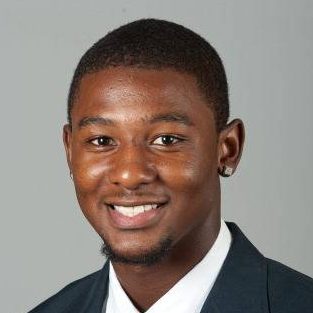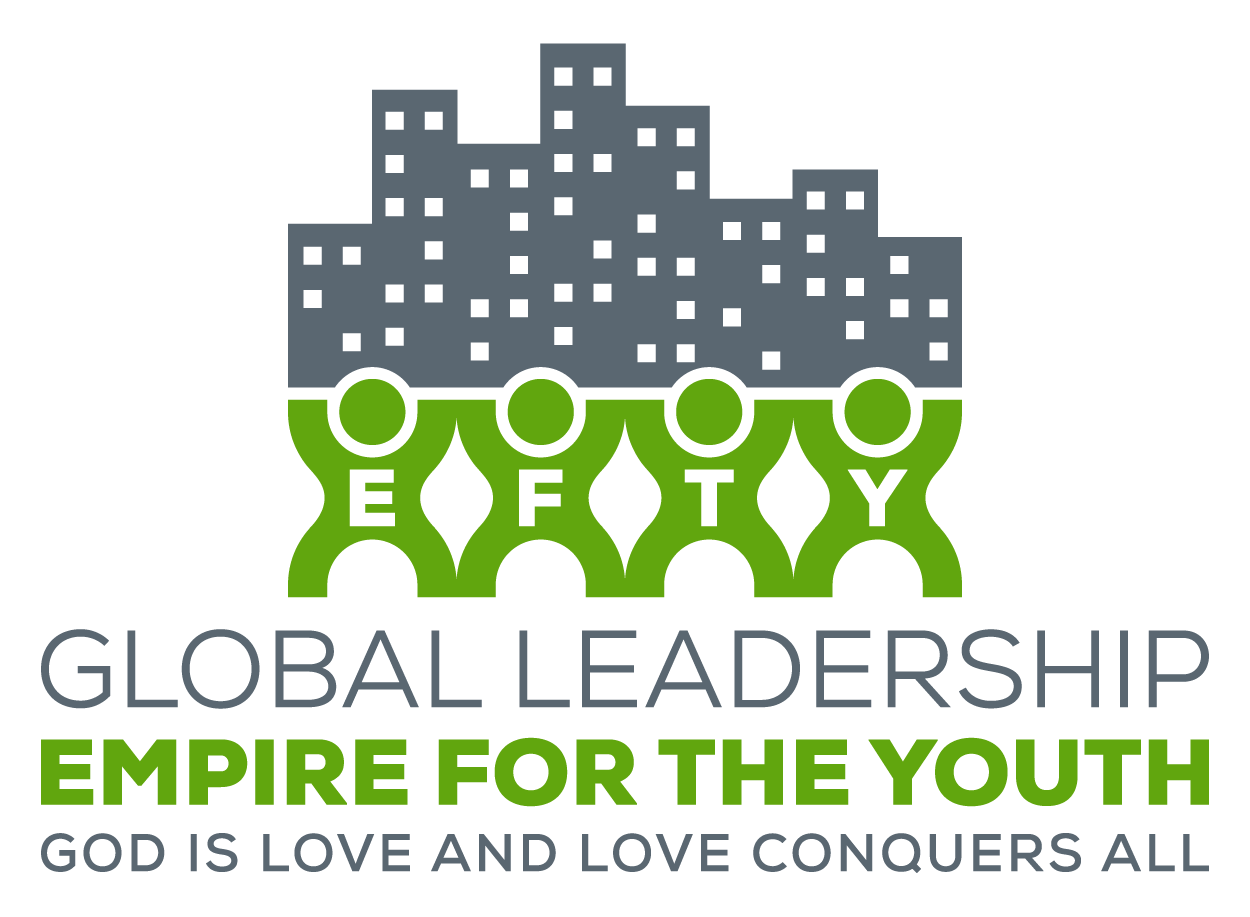Find out what subject your most interested in...
Arts and Technology
Health and Life Skills
Mathematics
Standardized Test Preparation
Supplemental Education 4 - 12
HonuaTreEAI Entrepreneur Affiliates
With a Focus on Helping Entrepreneurs Succeed
Find out what subject your most interested in...
Arts and Technology
Health and Life Skills
Mathematics
Standardized Test Preparation
Supplemental Education 4 - 12
The first impression you have of a person is what you gain when you are first introduced to that specific person. Guiding the children in their approach to an introduction, and showing examples of how they would meet someone professionally can help to elevate the social capital of the students. Introducing themselves to their peers can also have a big impact on the student’s social life. Good or bad introduction skills can dictate if a student is able to make friends or not. This portion of the curriculum will help to boost the confidence of the students while enlightening them about different ways of introducing themselves.
Manners: The key to maintaining strong relationships are by showing expressions of good manners. When a student gains the exposure of the “aura” difference of a person, they can then see the effect of the response each expression represents. Nonverbal communication is just as important as being able to speak well. We would like to make the students aware of how much impact their manners have on their everyday life’s success. This part of the curriculum will help mold the students into expert networkers if we can master this art of communication.
For each occasion, there is typically a dress code that must be enforced. Bringing exposure to these different types of occasional dress codes will bring life to the idea of attending different events. Banquets, Weddings, interviews, exercise, and school all require a different dress code. If we can get these students to believe there are people just like them who are well-rounded and dress up to attend different events that will boost their social capital, students can picture themselves growing to do the same things. This part of the curriculum will help motivate and stimulate the idea of moving out of their comfort zone and learning to network. Looking good plays a big part in feeling good.
As a former D1 college football athlete, I realize how important it is for the team to have strong leadership. Strong leaders are accountable and trustworthy enough to take care of their responsibility and also wise enough to help their teammates get aligned and functioning on a high level. A team full of these types of leaders creates championship teams. These are the traits we would like to instill into the students we work with, to create a championship environment in their classroom. Helping the students to reach their full potential and then take on a leadership role to help their peers is what this portion of the curriculum is designed to do.
Many times, when surveying a group of students about what career path they would like to pursue, the most common answers given are some types of professional athletes or famous entertainers. Oftentimes, these are the only role models for these students, and the only representation of what success is. We would like to change this myth by presenting multiple examples of people with successful careers that do not have anything to do with athletics. Careers that are not glorified on television are often overlooked and undervalued in today’s society. We would like to bring different people from a variety of professions to speak to the students so they can hear it and see it directly from the person doing it. This portion of the curriculum will enable the students to think outside of the box and discover their true interests and develop a more realistic plan of action.
Social media has taken over as the most common way of communicating with today’s generation. By brainstorming with the students and coming up with ways they can interact positively on social media, we can help to promote a new wave of trends that are positive. Creating video blogs, and producing friendly safe spaces that encourage healthy scholarship motivation can attract the attention of influential people. The more attention and publicity this positivity movement gets, the higher this program will rise on the, “what’s cool” list. This portion of the curriculum is designed to enable the students to make their learning and social environment together “cool and trendy”.
This is the most important part of the curriculum in my opinion! Enabling the students to see and reach their full potential is the goal this portion of the curriculum sets out to accomplish. I was taught back in middle school the saying that sticks with me today, “you can lead a horse to the water, but you can’t make them drink it.” If we can open the eyes of these students to allow them to believe in themselves, they will realize that half of the battle is won just by having the belief that they can actually accomplish what they set out to accomplish. As a result, their eagerness to learn and seek advice and help from the support we plan on providing them will grow. This will lead to a large group of students with bright eyes and a desire to get better every day. As a result, we will lead many students to the water with the students embracing the mindset that they are extremely thirsty and would love nothing more than to drink the water to nourish their bodies.
Problem-solving is an everyday occurrence in each person’s life, and the better you can master this skill, the easier you will be able to find success. Acknowledging that we all face some type of problem in our life, big or small, we can teach the skills and approaches for seeking a solution to the problem. For confrontational problem-solving, we can teach nonviolent solution approaches. For time management and work-related problem solving, we can teach organizational solution approaches. With this portion of the curriculum, we hope to instill a thought process that will help the students realize what should be prioritized when making decisions.
The sole purpose of this organization is to provide support and guidance to students in their educational life journey. We often expect the students to know how to study and work alone without first teaching those productive ways to do so. With this portion of the curriculum, we aim to find the student's best learning style and help them to realize how they learn best. After learning these skills we will then enlighten the students on different time schedules that would allow them to take the additional time needed to master their craft and become self-sufficient in learning whatever it is they need to learn. Once you learn how to learn, studying becomes fun and your thirst for knowledge grows.
Just as winning is a part of life, so is losing. As life throws its ups and downs at our students, we would like to help them change their perspective from viewing something they experience as a “Loss” into a “Lesson”. Being able to bounce back from a downfall is essential to the process of finding success. There will be times when they will hear “no” as an answer, times they will make a bad grade on a test, times they will have troubles in their relationships, and times when they feel as if they don’t have enough time to complete the things required from them. Rather than giving up when times get tough, we want to ensure that if they can stay strong during the struggle, times will get better and as a result, they will grow from their experiences. This portion of the curriculum will work to make the students into young resilient scholars.
With social media and technology booming the way it is now in today’s society, the art of live personal interaction has become a lost art. Students are struggling to find ways of interacting in a positive way with one another. This struggle to positively interact with each other has led to countless amounts of fights and cyberbullying. With this portion of the curriculum, the students will engage in role-playing scenarios to practice and experience interacting in positive ways. Finding ways to promote a positive movement will make school a more enjoyable place to be and can help to build camaraderie amongst the students throughout the school.
The way you feel about yourself will ultimately reflect on how you treat others. If we can build up self-esteem and create awareness amongst the students on their self-image, their behavior will be directly impacted. Often times on social media and reality TV, certain people are portrayed to act and behave in certain ways. With this portion of the curriculum, we want to get the students to reflect on the images portrayed on social media, and whether or not they see them as positive or negative. At that point, their consciousness of how they would like to be represented will ignite. When they can decide in their heads what’s a good way to represent themselves we will help them to master that image and own their self-love.

Wayne Lyons, Founder, Vice President & Co-CEO
Wayne Lyons is a Fort Lauderdale Florida native who attended Dillard High (class of 2011) and was the school's valedictorian. He went on to play football at Stanford University where he graduated and obtained a degree in Architectural Design. He soon after moved on to play football for the University of Michigan, under Coach Jim Harbaugh where he met Karan Higdon. While at the University he went on to graduate with a Master’s degree in Social work. He currently spends his time engaging in the community working with EFTY and other non-profit organizations with the passion of impacting the world of youth individuals.
▶︎ Gwendolyn Bush, Secretary Player Development Recruiter of Football at The University of Michigan
▶︎ Samantha Christian, Treasurer Staffing Coordinator at Heartland Health & Rehab
▶︎ Claiborne Green, President Director of Football Academic Services at The University of Michigan

Karan Higdon, Founder, Vice President & Co-CEO

Empire For The Youth is an Affiliate Partner of HonuaTreEAI (EFTY). As an Affiliate, of HonuaTreEAI, EFTY is poised to offer a wide variety of education solutions that are monetized to enrich educators-seeking entrepreneurship while serving the youth in their communities.